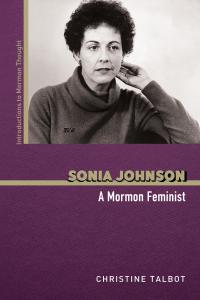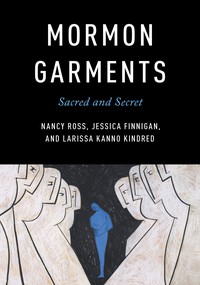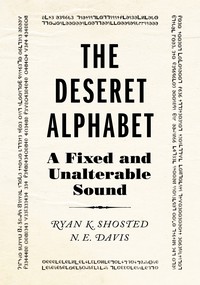
A Foreign Kingdom
About the Book
The years from 1852 to 1890 marked a controversial period in Mormonism, when the church's official embrace of polygamy put it at odds with wider American culture. In this study, Christine Talbot explores the controversial era, discussing how plural marriage generated decades of cultural and political conflict over competing definitions of legitimate marriage, family structure, and American identity.In particular, Talbot examines "the Mormon question" with attention to how it constructed ideas about American citizenship around the presumed separation of the public and private spheres. Contrary to the prevailing notion of man as political actor, woman as domestic keeper, and religious conscience as entirely private, Mormons enfranchised women and framed religious practice as a political act. The way Mormonism undermined the public/private divide led white, middle-class Americans to respond by attacking not just Mormon sexual and marital norms but also Mormons' very fitness as American citizens. Poised at the intersection of the history of the American West, Mormonism, and nineteenth-century culture and politics, this carefully researched exploration considers the ways in which Mormons and anti-Mormons both questioned and constructed ideas of the national body politic, citizenship, gender, the family, and American culture at large.
Reviews
"Recommended."--Choice"Talbot has written an important book that both revives critical engagement with the public/private divide and expands our understanding of polygamy and Mormonism in nineteenth-century America. . . . a persuasive account of the centrality of Mormonism and polygamy to nineteenth-century politics and culture."--H-Net Reviews
"By tracing the intricate connections between polygamy, theocracy, and freedom, Talbot adeptly reveals the problem of a totalizing religious culture in a liberal democracy."--The Journal of American History
"Christine Talbot tackles the Mormon question by exploring nineteenth-century conceptions of Otherness and examining how Protestant Americans redefined their own ideals to distinguish themselves from the Mormon Other. A Foreign Kingdom is a treasure trove of secondary analysis and primary documents for students of American religious history and minority studies."--Nova Religio
"Talbot makes a sophisticated and convincing argument that "anti-Mormons asserted that it was through the proper maintenance of the gendered public/private divide that people qualified for membership in the American body politic."--Western Historical Quarterly
"Readers will appreciate the clarity of her writing; her careful attention to race, class, and gender; her insertion of Mormon history into broader dialogues."--Journal of Mormon History
"Talbot pulls disparate strands of nineteenth-century political thought together in an account revealing what was really at stake in the battle over polygamy. Her insights are at times striking. She's succeeded in unfolding the underlying cultural logic that formed one of Mormonism's main challenges to the American state: its assault on a powerful configuration of the public/private binary, couched in the languages of constitutional religious liberty." --American Historical Review
Blurbs
"One of the most important studies of nineteenth-century Mormon polygamy, thanks to Talbot's erudite, nuanced, interdisciplinary approach."--D. Michael Quinn, author of Same-Sex Dynamics Among Nineteenth-Century Americans: A Mormon Example











